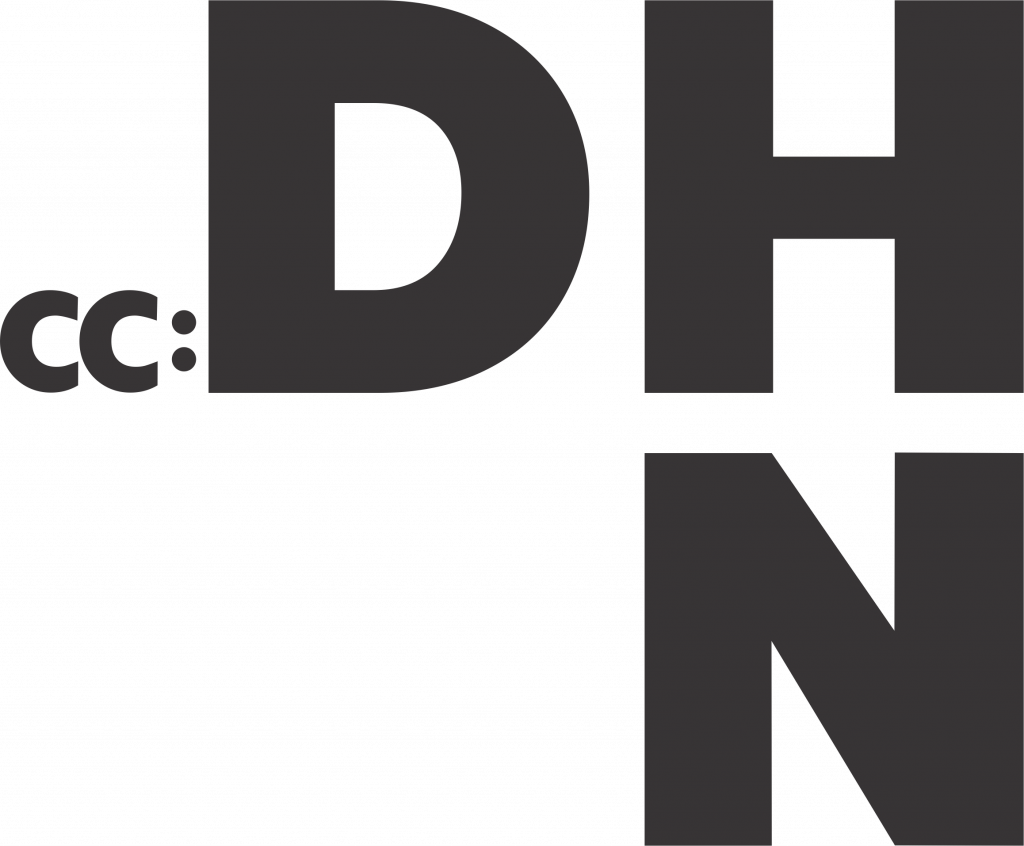
- This event has passed.
Intro to Minimal Web Design with Jekyll

Event Language
EnglishFormat
in person/face-à-faceInstructors: Chelsea Miya and Ryan Chartier
Description:
In this workshop, you will learn how to build lightweight static websites using the Jekyll static site generator. We will walk through the theory and practice of minimal computing, a “needs based” back to basics approach to web design using free, open-source tools (Risam and Gil 2022, Sayers 2016).
In recent years, there has been growing interest within the digital humanities in exploring sustainable ways to publish and share research online. In comparison to Content Management System – platforms for creating and editing websites such as WordPress and Drupal – static websites are more secure, require little to no maintenance, and far less computing power to sustain. While platforms make it notoriously difficult for users to export their data, static sites are also easy to archive and store offline. For these reasons, static site generators can be a more sustainable and low-cost alternative.
In this workshop, we will cover:
- Minimal computing as critical praxis
- Installing Jekyll
- Using Collections Builder, a Jekyll-based add-on, to create a digital collection; as well as best practices for archival metadata.
- Customizing the layout and design using CSS stylesheets
- Creating and editing content with Markdown
- Experimenting with more sophisticated layouts using Liquid templates
- Deploying the site to GitHub Pages
- Other options for static site generators, such as Pelican and Astro, and how to choose between them
Over the course of the workshop, participants will work on creating a digital collections website, or another website of choice such as a: research exhibit, event page, online cv, personal blog, online journal or zine, or wiki. At the end of the week, you will have the chance to share your projects with the group and get feedback.
Experience with HTML, CSS, and the basics of using the command line is recommended but not required.
Intended Audience:
Researchers, students, and staff who are interested in building websites.
No prior web development experience is necessary, but some basic knowledge of HTML and CSS is helpful.
